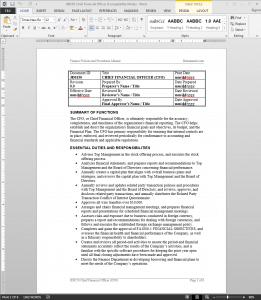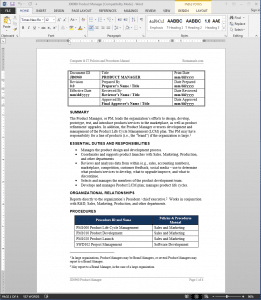Who are the First People to Hire in a Startup Business?

When starting a new business, there are usually so many plates spinning that it can be confusing as to what to deal with first. You’ve got your product or service, you’ve successfully started your business and now money is coming in: it’s finally time to hire your first staff members. Who are the first people to hire in a startup business?
The First People to Hire in a Startup Business
Let’s keep it simple: first you hire people to help control the spinning plates. But which plates take first priority? Read on for our picks for who you should hire first and foremost when you start to scale a business.
Chief Executive Officer or Chief Operations Officer (CEO/COO)
Start from the top and then hire more of your team as your resources develop. Someone with a position that evokes the word “overall” is a good place to start. They will be an essential player in your business so choose carefully.
A Chief Executive Officer controls a company’s direction, mission, and culture, while a Chief Operations Officer will focus on the day-to-day operations that will keep your business running. This might already be done and dusted if you have assigned yourself as either one, or both, of these positions, but there is the option to hire externally if you feel it’s not for you.
The CEO job description includes developing and communicating the organization’s vision and goal, as well as leading strategy formulation, execution, and modification. The CEO is also in charge of overseeing the creation and implementation of the organization’s strategic plan, as well as assisting in the formulation of strategic objectives. To that purpose, the CEO must be aware of both the external and internal competitive landscapes, as well as expansion potential, consumers, markets, new industry advancements and standards, and so on.
Product Manager (PM)
Your Product Manager will oversee everything as it pertains to your products/services. Working closely with engineering and marketing to manage your product’s strategy, production, vision, and development.
The Product Manager (PM) is in charge of leading the organization’s efforts to design, develop, prototype, test, and bring products/services to the market, as well as product refinement/upgrades. Furthermore, the Product Manager is in charge of the development and administration of the Product Life Cycle Management (LCM) strategy. The Product Manager may also be in charge of a product line (i.e., the brand packaging).
This can feel unsettling at first, since the de facto product manager will have been yourself and handing over that heavy emotional investment can be daunting. It can force you to look at your product in a new way by training someone else to sell it and also allow for an outsider’s perspective and some natural brainstorming.
Chief Financial Officer (CFO)
You can outsource your accounting and finance roles to companies that will offer features like an external audit overview, but it can be very helpful to hire your own Chief Financial Officer to handle the money. Having someone on the team who is exclusively focused on the money will cause every other aspect of a business to move smoother.

CFO Chief Financial Officer Job Description
The top ten CFO responsibilities include accountability for the organization’s financial reporting’s accuracy, completeness, and timeliness. The CFO assists in the establishment and direction of the organization’s financial goals and objectives, budget, and Financial Plan. The CFO is in charge of ensuring that internal controls are in place, implemented, and evaluated on a regular basis for compliance with accounting and financial standards as well as applicable legislation.
Your CFO will need to be someone with an eye for detail and good communication skills so that they can translate financial data into information you will need to absorb. They can handle everything from securing bank loans and leasing premises to everyday needs like paying suppliers and managing cash. In a small startup they may also handle human resources and the information technology functions as well.
Chief Marketing Officer (CMO)
You’re unlikely to make any money if no one has heard of your product. A Chief Marketing Officer’s role is to make sure your audience knows your product is here, is good and is ready to be bought. They will create and release marketing campaigns, run online marketing, receive data on who is buying and act on what they get back.
You’re looking for someone who is a Jack-of-all-trade. They can write copy, design graphics, code, run ad campaigns and handle the social media. Being personable will be a vital component as well, as they will have to interact with your customers and maintain relationships between your business and your consumers.
Customer Service Representative (CSR)
Much like the Chief Marketing Officer, your Customer Service Representative will be working directly with customers, and in turn they will have a responsibility to represent your business. Again, look for someone with a warm and friendly demeanor that customers will respond to.
It is a critical role that will develop into the cornerstones of your brand. Without a professional handling customer questions, calls and concerns, even the best products reputations will suffer, and customers will dwindle. Make sure they have answers to any potential questions that you expect so that your Customer Service Representative can keep confused or concerned customers calm.
First People to Hire in a Startup
The first people to hire in a startup is really important. Each action they make will have a cumulative effect on your business. As a result, you are choosing the destiny of your company.
When beginning a new business, there are sometimes so many activities going on that it can be difficult to know what to focus on initially. You’ve got your product or service and now the money’s rolling in: it’s finally time to hire your dream team. In a new business, these are some of the first individuals to be hired. CEO or COO, PM, CFO, CMO, and CSR.

















Leave a Reply